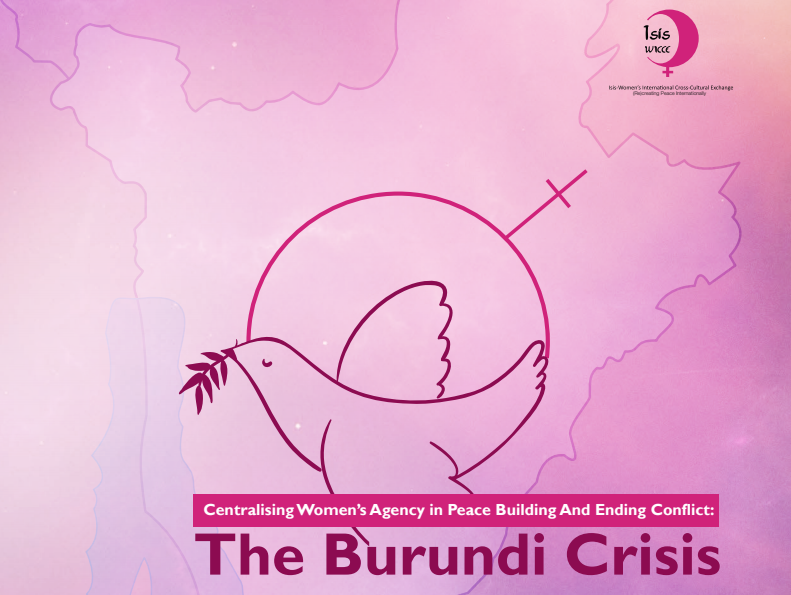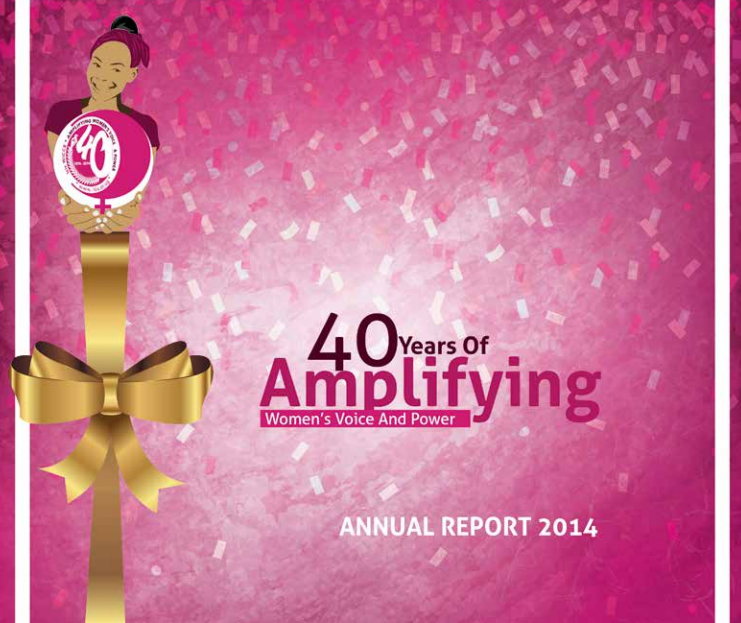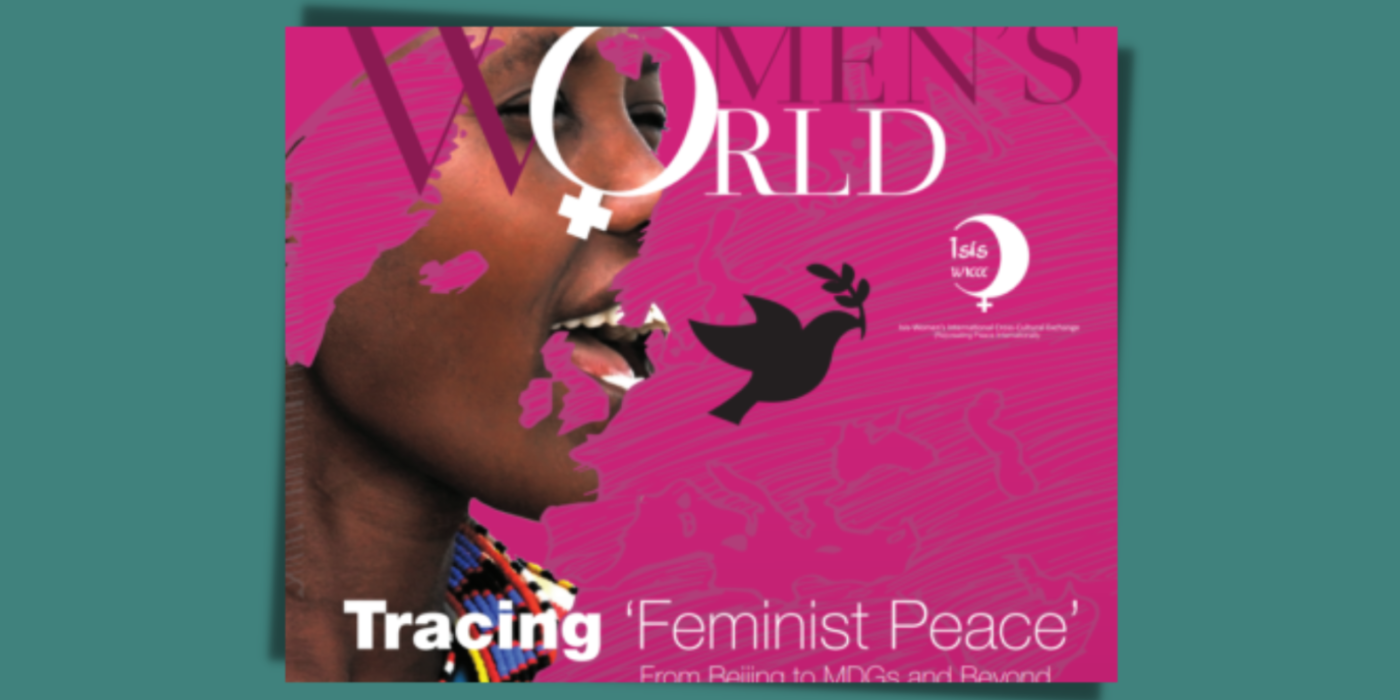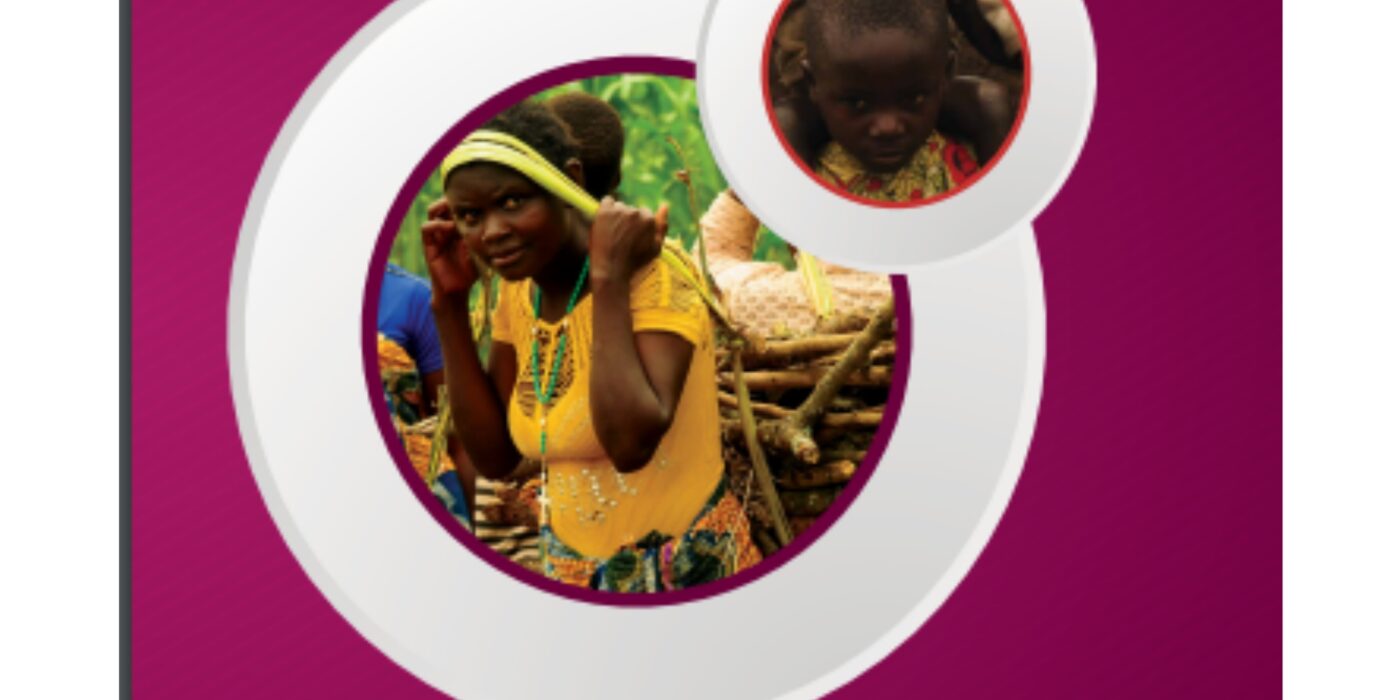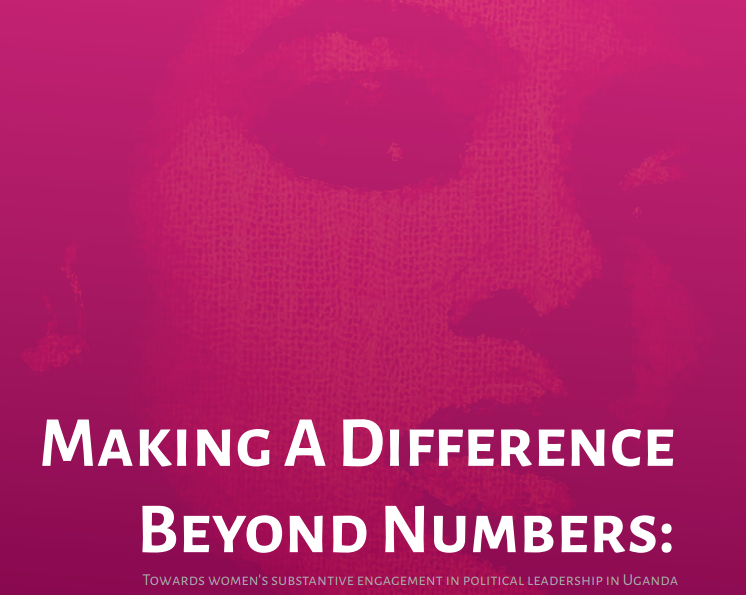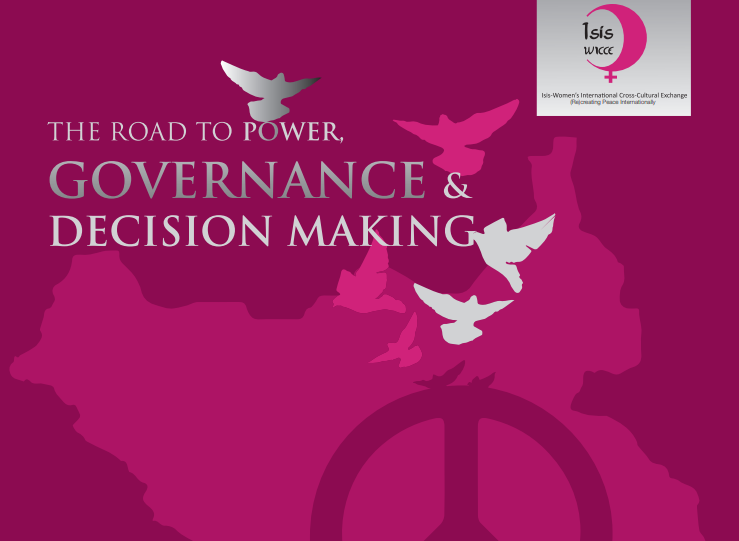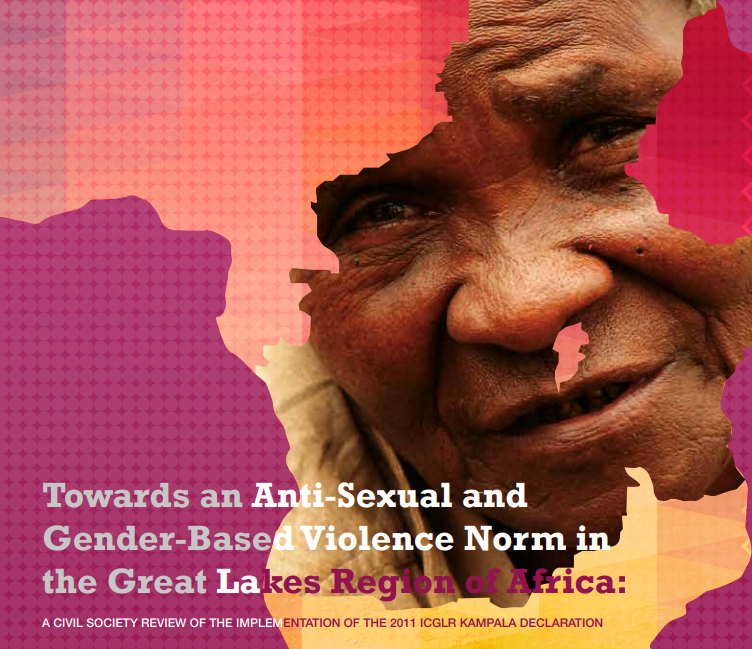The year 2014 marked 20 years of Isis-WICCE move from Geneva to Uganda and 40 years globally. We are very proud of our achievements over the years and we have geared up for the emerging challenges and realities in the world today.
Over the past twenty years, Isis-WICCE has emerged as a leader in the feminist discourse on peace and security. We have a wealth of data and knowledge collected over the long years of research and advocacy in Africa and Asia. We have managed to influence the mainstream discussion and understanding of conflict by ensuring that States and other stakeholders in peace and security understand human security beyond geographical dimensions of territorial integrity but rather the personal balance of body, mind and spirit, a perspective that has been ignored by mainstream actors. Since its birth, Isis-WICCE has grown rapidly and innovatively but for this growth to be maintained, and for us to optimize on the current opportunities and build on our achievements, there is need for more focus, optimization and scaling up our approaches to work. In order to maintain our feminist competitive edge and to keep striving for excellence, we need to continue renewing ourselves by stopping, reflecting and planning.



